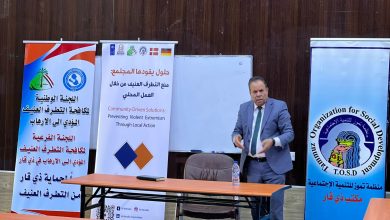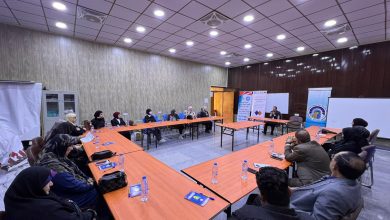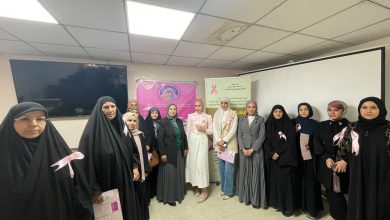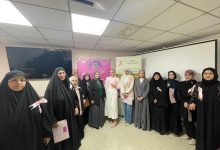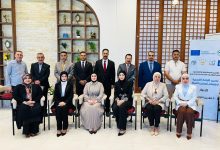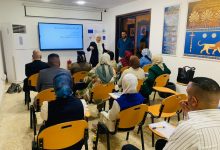A Dialogue Seminar on Legislation and Its Role in Protecting Women and Enhancing Their Political Participation
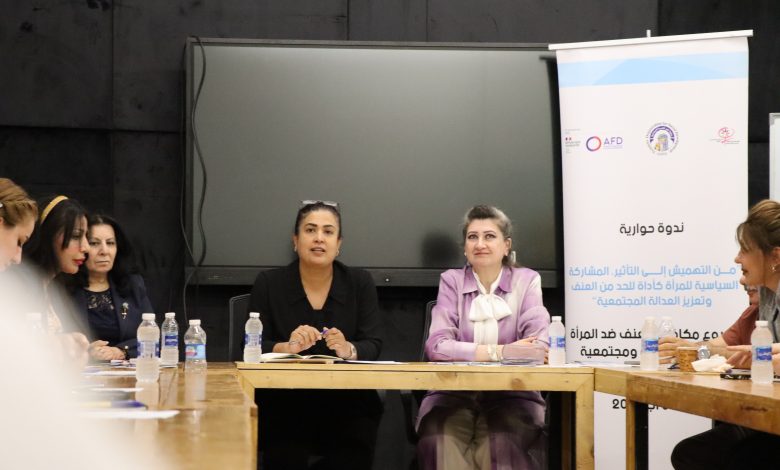
Tammuz Organization for Social Development, in collaboration with the Iraqi Women Network, organized a dialogue seminar under the title “Legislation and Its Role in Protecting Women and Enhancing Their Political Participation.” The event took place on Saturday, August 3, 2025, at the Station Hall in Baghdad and brought together 30 participants, including representatives from civil society organizations, political parties, and four female candidates for the 2025 parliamentary elections. The audience also included journalists, researchers, and university students.
The seminar was opened by Dr. Bushra Salman Al-Obaidi, who delivered a keynote intervention highlighting the significance of legislative frameworks in supporting and advancing women’s political engagement. She emphasized the importance of women’s involvement as both candidates and voters in contributing to inclusive development. Her remarks explored both domestic and international legislative instruments and analyzed the challenges that women face throughout the electoral process. Dr. Al-Obaidi also addressed the available opportunities that could be leveraged to increase the active participation of women in public life.
Following her presentation, Ms. Vian Sheikh Ali led a thought-provoking discussion with the participants about the connection between protection from violence and effective political representation. She argued that the absence of impactful female representation often leads to weakened legislation for women’s protection. Conversely, placing women in decision-making roles serves as a powerful means to enact comprehensive legal reforms that secure women’s rights and support their advancement across multiple sectors.
The seminar also featured an open dialogue among participants, which enriched the session and added valuable perspectives. The discussion focused on the barriers women face in elections, the role and limitations of the quota system, the contrast between symbolic and substantive representation, the relationship between gender-based violence and political participation, and strategies for effectively communicating with voters to support female candidates.
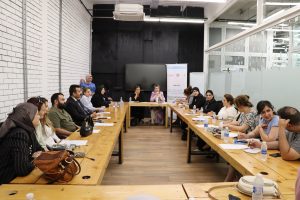
The session concluded with a shared understanding of the need for reform from within political parties by incorporating women into leadership structures and ensuring the application of quotas inside party hierarchies. There was also strong emphasis on reforming the electoral system to allow for more meaningful participation by women. The participants discussed the vital role civil society can play in supporting female candidates through coalition-building, training, and advisory support. They also stressed the importance of monitoring the performance of elected female parliamentarians and generating public pressure to ensure that their representation is not merely symbolic, but a genuine force for change.

